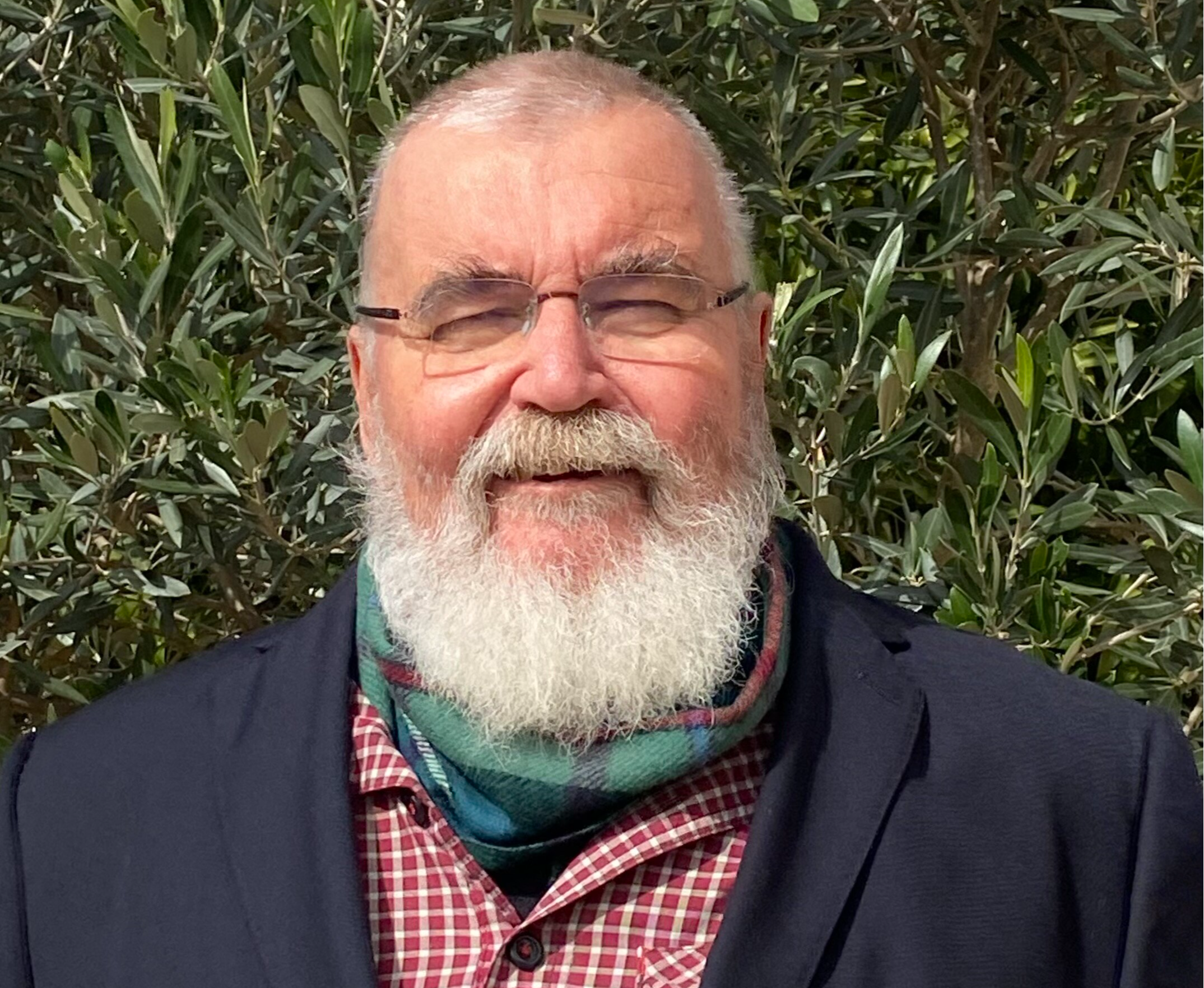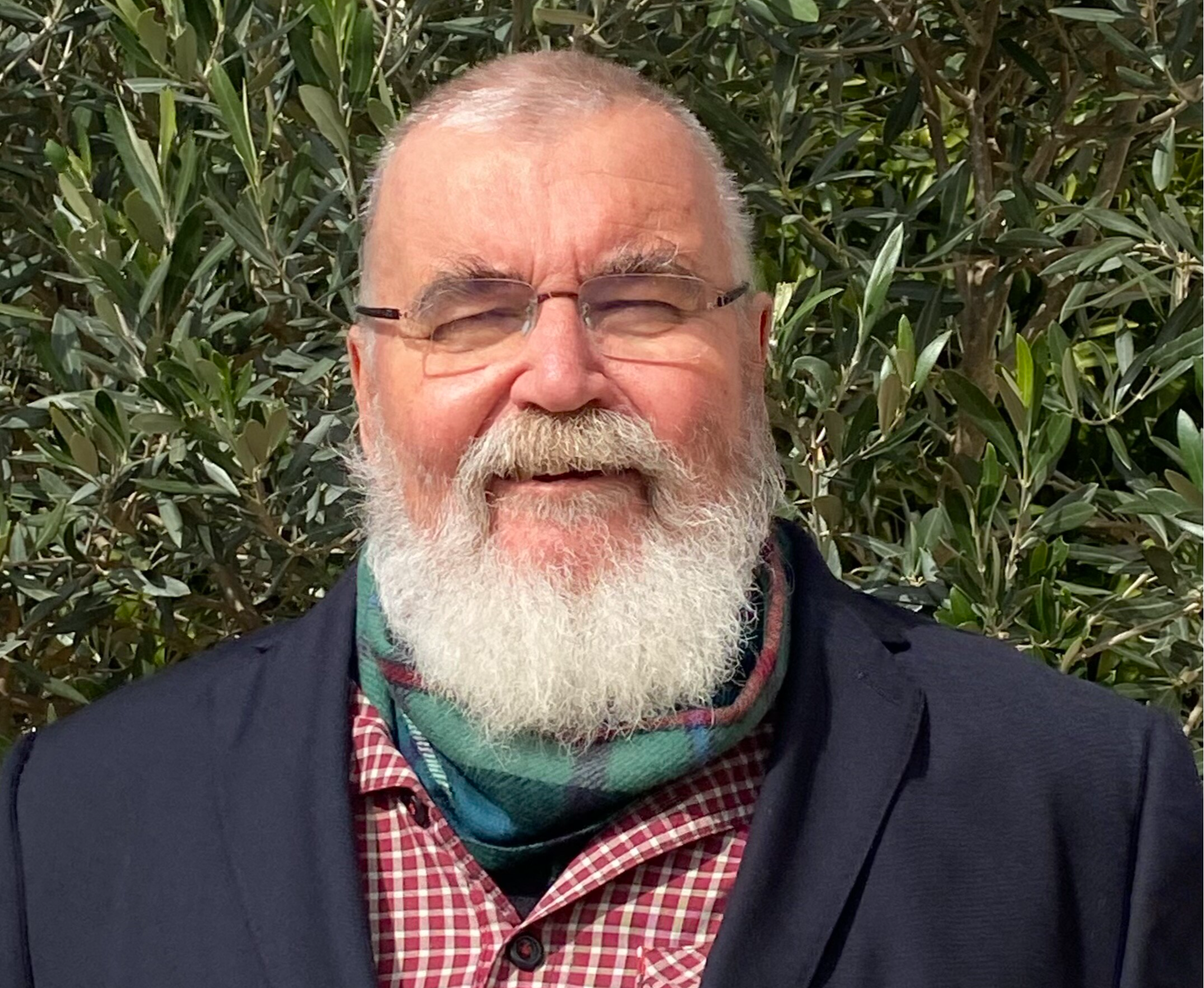

Interview Paulo Ferrinho
the Global Public Health Department
at the Institute of Hygiene and Tropical Medicine (Universidade NOVA, Lisbon, Portugal) and member of the EDCTP Scientific Advisory Committee

It is important that the transition from EDCTP2 to Global Health EDCTP3 Joint Undertaking leaves no one behind. In particular countries like Angola, Cabo Verde and Guinea-Bissau, that are taking small but steady steps to be able to integrate the EDCTP General Assembly, should be supported in their efforts to grow.
Continued support includes paying particular attention to the emerging Science Foundations and helping them strengthen their capacity to coordinate research funding in the country, not only from the budget of the government, but also from multiple donors.
Science must be nurtured from very early on in the educational system. I believe that mechanisms to develop a research interest and culture already at undergraduate level during university training would ultimately benefit national health systems, and should therefore be supported too. Because in the end, investing in health system strengthening invariably requires investing in people.
What would your recommendations for the future be?
At this stage of the second EDCTP programme (EDCTP2), all PALOP are involved in EDCTP-funded activities. Some, like Cabo Verde, Angola and Guinea-Bissau are investing in developing capacity to make their involvement sustainable. Mozambique already has a well-established research capacity ecosystem. Public universities and academic hospitals have played a very important role in achieving these developments.
It is encouraging to note that some private universities in Angola, Cabo Verde, and Mozambique are also developing their research capacities. Where legislation is lacking, for instance in Cabo Verde, this is being developed.
Funding is received from multiple sources and there is a need for more coordination. Angola has created a Science Foundation and Cabo Verde’s Foundation will be functioning as from 2023. These Foundations will coordinate all research funding in the country, including for the health sector, and are committed to align some of this funding with EDCTP’s research agenda. Such a process will take time but it is actively supported both by the science and higher education sectors and the national ministries of health.
What are your expectations of the impact of PALOP participation in EDCTP-funded activities?
The health research subsystem overlaps with the health and science sectors, each with a different ministry. EDCTP has facilitated the dialogue between the two sectors. The programme has made structural commitments in both sectors to support and/or develop governance capacity (supporting regulatory authorities and developing bioethical review capacity, including legislative frameworks), research centres (in universities, national public health institutes and research foundations), integrating them into Regional Networks of Excellence, training researchers (PhDs, masters, technical and project writing training), building South-South and North-South partnerships, developing, submitting and implementing joint projects and presenting joint research work at national and international scientific meetings, including the EDCTP Biennial Forum.
How has the EDCTP SAC worked to increase participation of PALOP in EDCTP grants and improve this situation?
It’s impossible to generalise. Countries like Cabo Verde have proven very successful, while Guinea-Bissau and Equatorial Guinea remain fragile. Even resource-rich countries like Angola fail to achieve their health targets. Although all health system building blocks are important to strengthen healthcare systems, the factors with the most significant impact on the different achievements of these countries have to do with the governance building block.
What do you think are the main bottlenecks for PALOP in strengthening their healthcare systems?
scroll down

scroll down
at the Institute of Hygiene and Tropical Medicine (Universidade NOVA, Lisbon, Portugal) and member of the EDCTP Scientific Advisory Committee
Interview Paulo Ferrinho


It is important that the transition from EDCTP2 to Global Health EDCTP3 Joint Undertaking leaves no one behind. In particular countries like Angola, Cabo Verde and Guinea-Bissau, that are taking small but steady steps to be able to integrate the EDCTP General Assembly, should be supported in their efforts to grow.
Continued support includes paying particular attention to the emerging Science Foundations and helping them strengthen their capacity to coordinate research funding in the country, not only from the budget of the government, but also from multiple donors.
Science must be nurtured from very early on in the educational system. I believe that mechanisms to develop a research interest and culture already at undergraduate level during university training would ultimately benefit national health systems, and should therefore be supported too. Because in the end, investing in health system strengthening invariably requires investing in people.
What would your recommendations for the future be?
At this stage of the second EDCTP programme (EDCTP2), all PALOP are involved in EDCTP-funded activities. Some, like Cabo Verde, Angola and Guinea-Bissau are investing in developing capacity to make their involvement sustainable. Mozambique already has a well-established research capacity ecosystem. Public universities and academic hospitals have played a very important role in achieving these developments.
It is encouraging to note that some private universities in Angola, Cabo Verde, and Mozambique are also developing their research capacities. Where legislation is lacking, for instance in Cabo Verde, this is being developed.
Funding is received from multiple sources and there is a need for more coordination. Angola has created a Science Foundation and Cabo Verde’s Foundation will be functioning as from 2023. These Foundations will coordinate all research funding in the country, including for the health sector, and are committed to align some of this funding with EDCTP’s research agenda. Such a process will take time but it is actively supported both by the science and higher education sectors and the national ministries of health.
What are your expectations of the impact of PALOP participation in EDCTP-funded activities?
The health research subsystem overlaps with the health and science sectors, each with a different ministry. EDCTP has facilitated the dialogue between the two sectors. The programme has made structural commitments in both sectors to support and/or develop governance capacity (supporting regulatory authorities and developing bioethical review capacity, including legislative frameworks), research centres (in universities, national public health institutes and research foundations), integrating them into Regional Networks of Excellence, training researchers (PhDs, masters, technical and project writing training), building South-South and North-South partnerships, developing, submitting and implementing joint projects and presenting joint research work at national and international scientific meetings, including the EDCTP Biennial Forum.
How has the EDCTP SAC worked to increase participation of PALOP in EDCTP grants and improve this situation?
It’s impossible to generalise. Countries like Cabo Verde have proven very successful, while Guinea-Bissau and Equatorial Guinea remain fragile. Even resource-rich countries like Angola fail to achieve their health targets. Although all health system building blocks are important to strengthen healthcare systems, the factors with the most significant impact on the different achievements of these countries have to do with the governance building block.
What do you think are the main bottlenecks for PALOP in strengthening their healthcare systems?